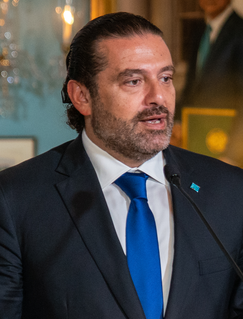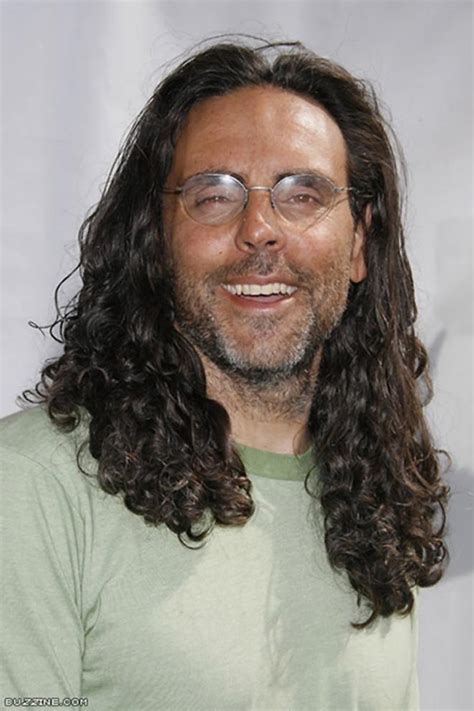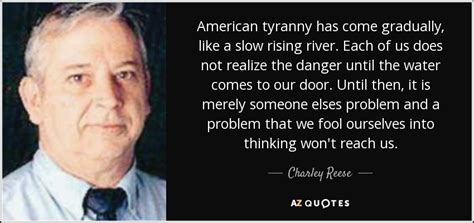A Quote by George W. Bush
The question is: Shouldn't Hezbollah disarm? And ultimately they should. And it's necessary for the Lebanese government to succeed.
Quote Topics
Related Quotes
You can't have a democracy with an armed political party willing to bomb its neighbor without the consent of its government or, you know, just deciding, "Well, let's create enough chaos and discord by lobbing rockets. And so the reality is in order for Lebanon to succeed and we want Lebanon's democracy to succeed the process is going to the Lebanese government's eventually going to have to deal with Hezbollah.
The ultimate goal is to change Syria's behaviour on a variety of issues - on its interference in Lebanese internal affairs, on its support for Palestinian terrorist groups that oppose the Palestinian Authority, on, most importantly, acting as a land bridge between Iran and Hezbollah, where Hezbollah gets all its arms.
It is all the more necessary under a system of free government that the people should be enlightened, that they should be correctly informed, than it is under an absolute government that they should be ignorant. Under a republic the institutions of learning, while bound by the constitution and laws, are in no way subservient to the government.
Stripped of all its covering, the naked question is, whether ours is a federal or consolidated government; a constitutional or absolute one; a government resting solidly on the basis of the sovereignty of the States, or on the unrestrained will of a majority; a form of government, as in all other unlimited ones, in which injustice, violence, and force must ultimately prevail.
We reject the killing of innocents to achieve a radical and violent agenda. The terrorists and their state sponsors, Iran and Syria, have a much darker vision. They're working to thwart the efforts that of the Lebanese people to break free from foreign domination and build their own democratic future. The terrorists and their sponsors are not going to succeed. The Lebanese people have made it clear they want to live in freedom. And now it's up to their friends and allies to help them do so.
If one accepts Hezbollah's self-description as a resistance movement, in which case one must, in light of the fact that Hezbollah never ceases to provoke, view Israel's mere existence as a continuing act of aggression, then Hezbollah has indeed shown that it can initiate conflict, resist, and survive.
[T]he crucial question is not, as so many believe, whether property rights should be private or governmental, but rather whether the necessarily 'private' owners are legitimate owners or criminals. For ultimately, there is no entity called 'government'; there are only people forming themselves into groups called 'governments' and acting in a 'governmental' manner. All property is therefore always 'private'; the only and critical question is whether it should reside in the hands of criminals or of the proper and legitimate owners.































